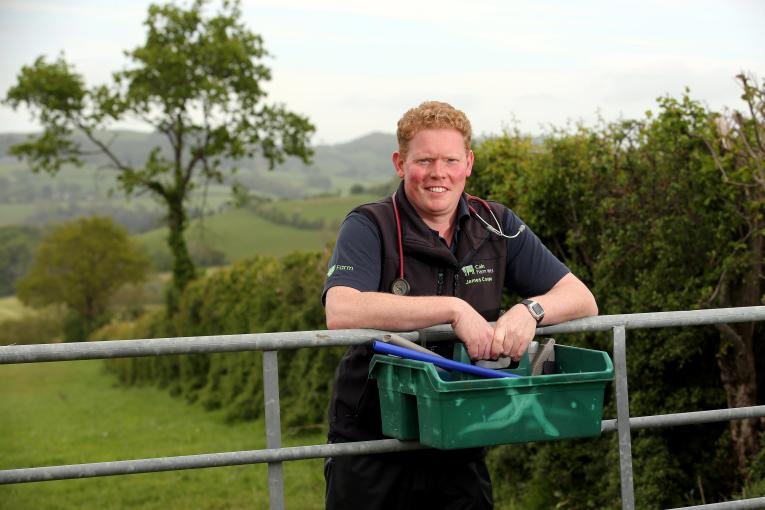
Do you want to enhance herd health and improve the performance and productivity of your beef or dairy herd? Are you aware of the clinical signs that indicate parasites are an issue, and how to prevent or control them? Do you know which types of pasture and grazing systems pose the highest risk, how weather conditions impact the lifecycle of parasites, and why you need to isolate incoming cattle?
The performance of livestock can be dramatically affected by conditions such as liver fluke, lungworm, gutworms and external parasites, which can have a serious economic impact on production.
Farming Connect has launched a new module in its popular series of animal health and welfare workshops. Available from this month, ‘Parasite control in cattle’ will enable farmers to prevent, identify and manage the clinical signs associated with the above parasites, as well as those specifically affecting young calves, including coccidiosis and cryptosporidium.
With all Farming Connect Animal Health and Welfare course content developed in conjunction with NADIS (the National Animal Disease Information Service) and delivered by participating veterinary practices throughout Wales, the interactive workshops will be available either in regional face-to-face group workshops lasting up to three hours, or online.
Farm vet James Coope, of Cain Vets in North-East Wales, is one of the approved vets involved in the workshops. Mr Coope emphasises that prevention and control is critical, and says that farmers should always consult their own farm vet when formulating a parasite control plan:
“These workshops will alert farmers to the early clinical signs and risk factors which can indicate problems and give them guidance on best management practices.
“Coughing can be a very noticeable clinical sign of lungworm, so needs to be investigated promptly.
“Similarly, farmers need to understand the risks posed by different pasture and grazing systems, as this can be a key element when controlling gutworms (PGE) in cattle.”
Each fully-funded workshop will cover parasite forecasting and faecal egg counting to ensure farmers select the correct anthelmintic treatments and give them at the appropriate time and frequency. Dairy farmers will be made aware of the limitations of treating dairy cattle for liver fluke. Anthelmintic treatment protocols and milk withdrawal times will be covered.
To find out which veterinary practices will be delivering these Animal Health and Welfare training modules, and for locations and dates, visit the skills and training section at www.gov.wales/farmingconnect or call your local development officer.
This project has received funding through the Welsh Government Rural Communities - Rural Development Programme 2014-2020, which is funded by the European Agricultural Fund for Rural Development and the Welsh Government.
